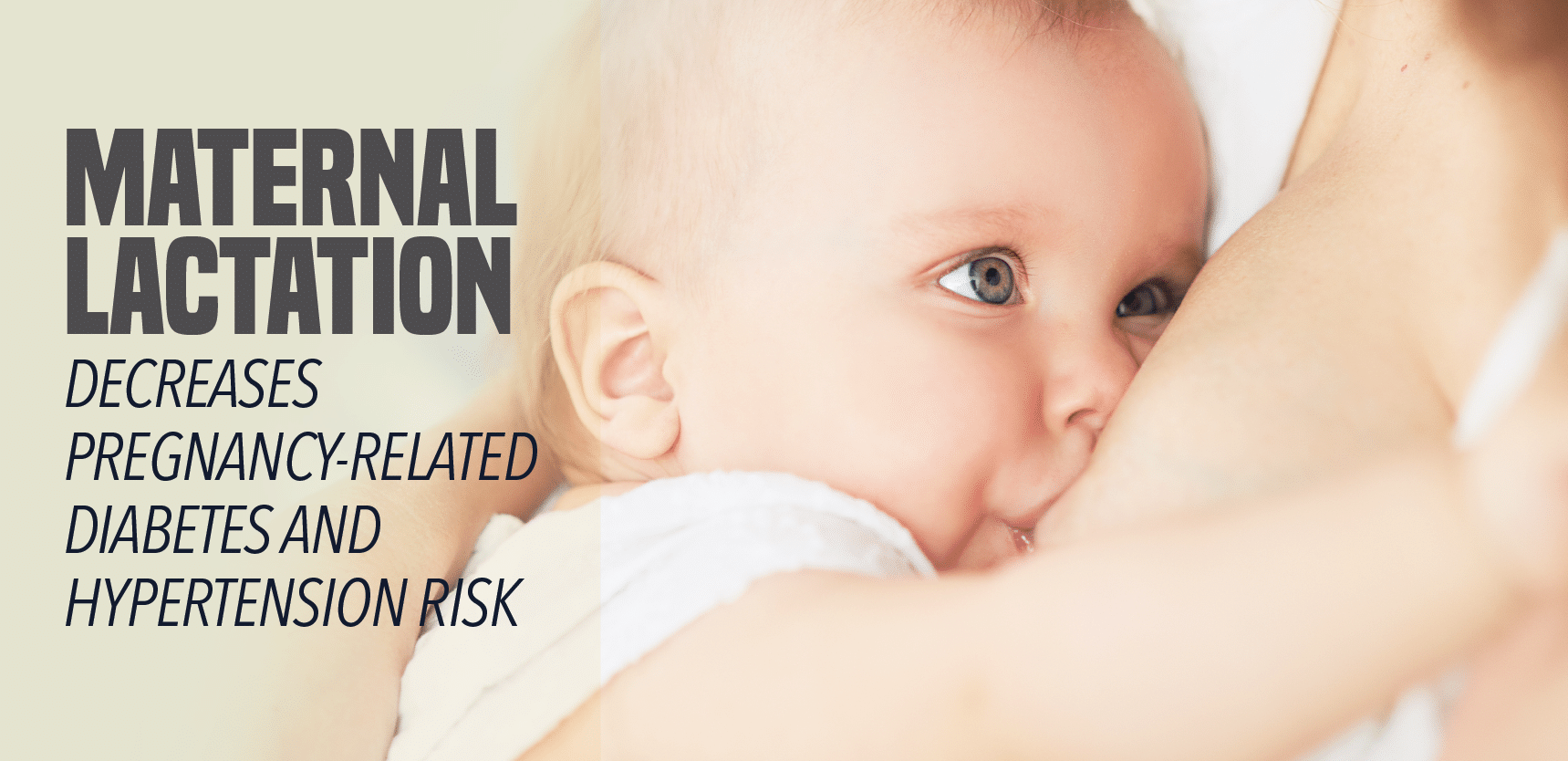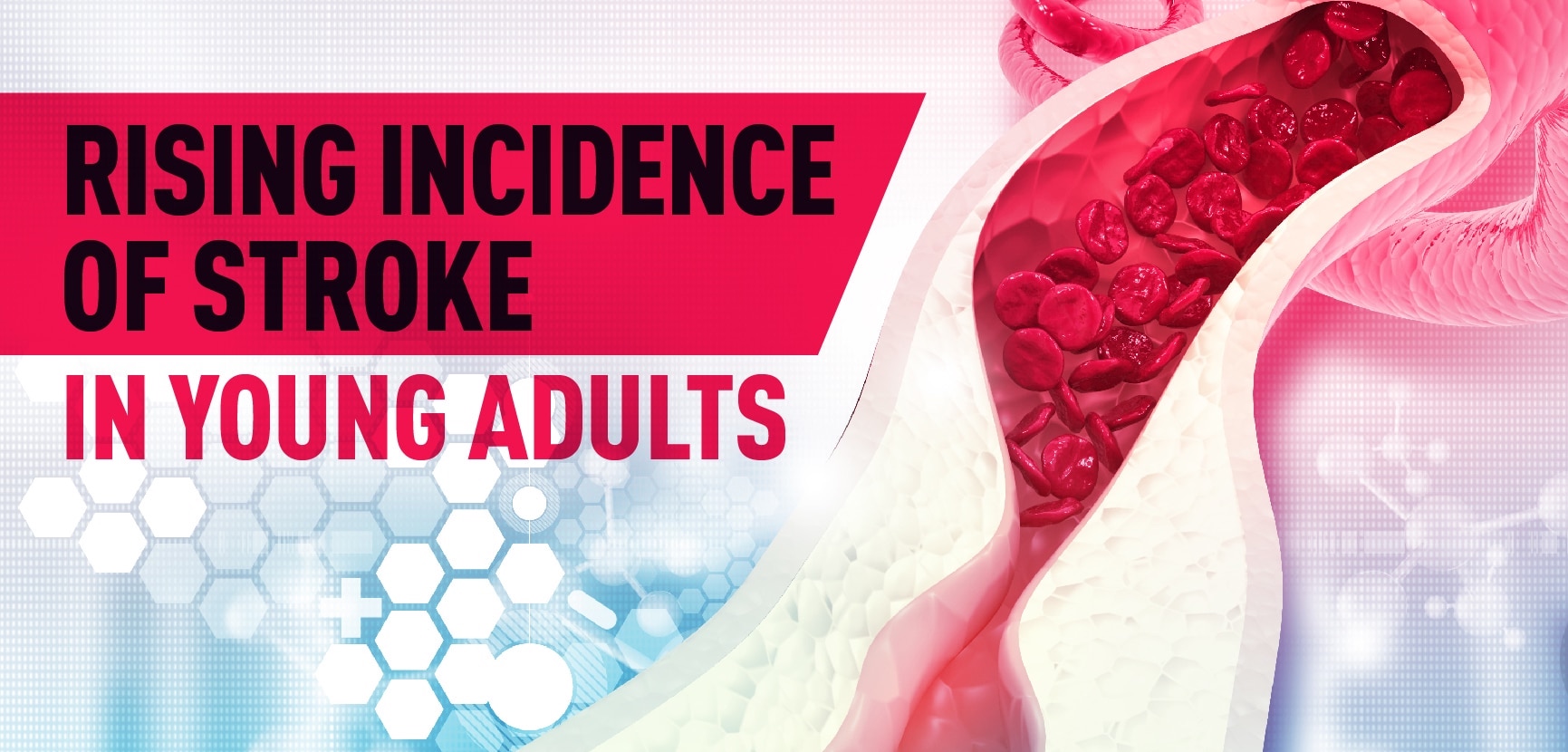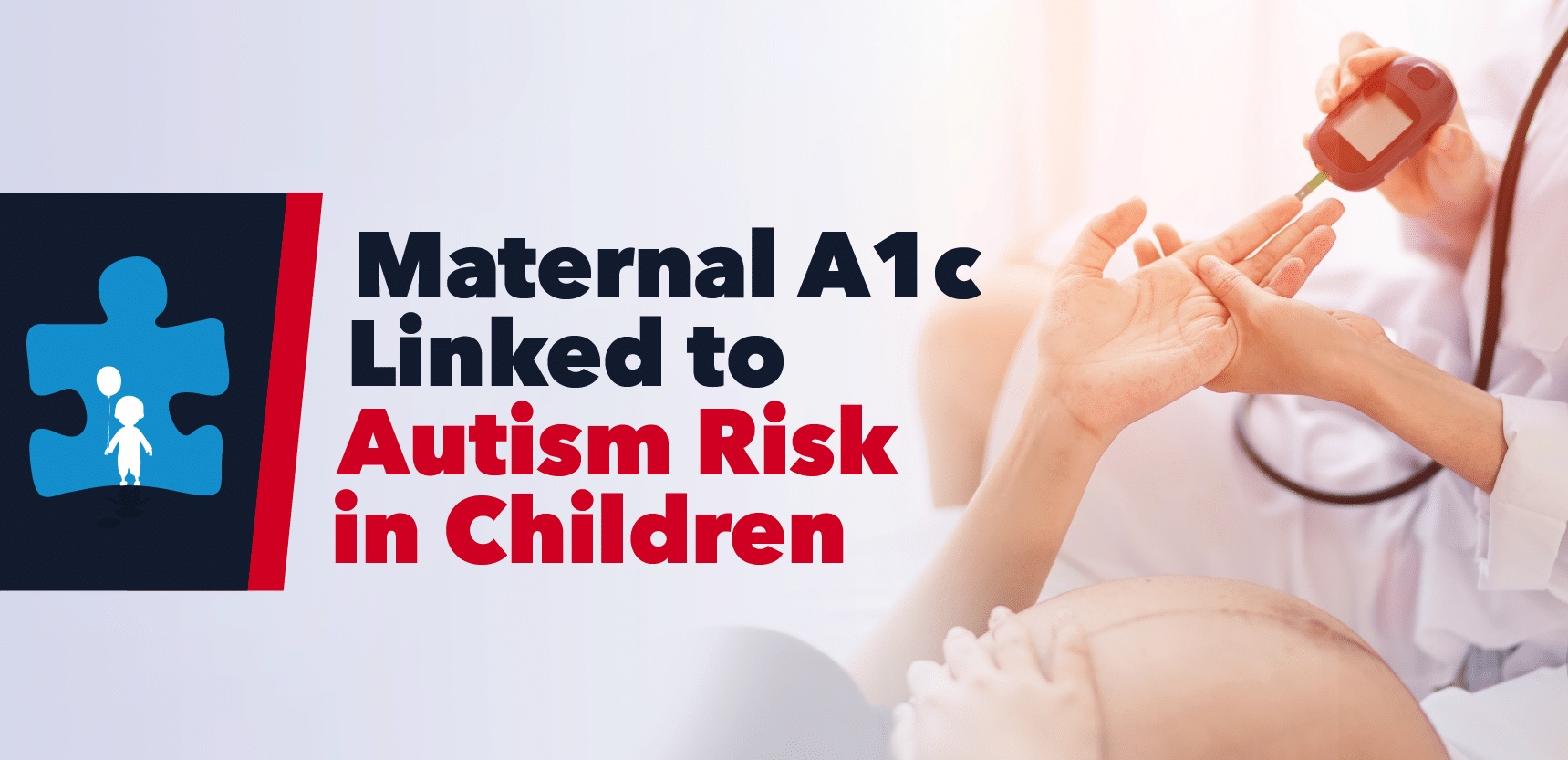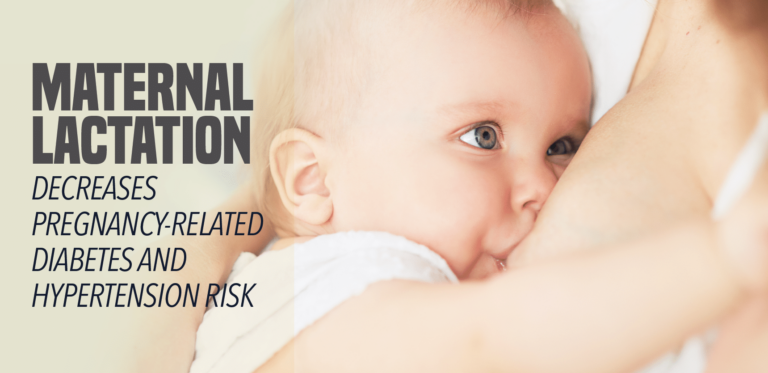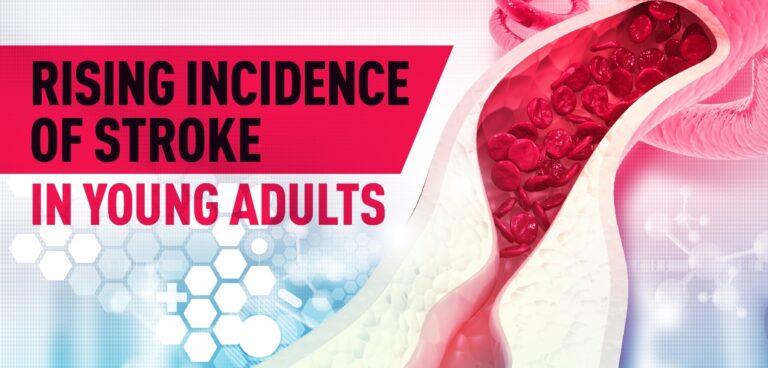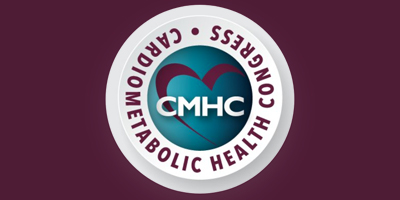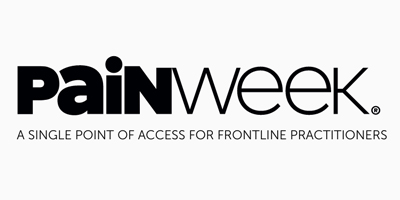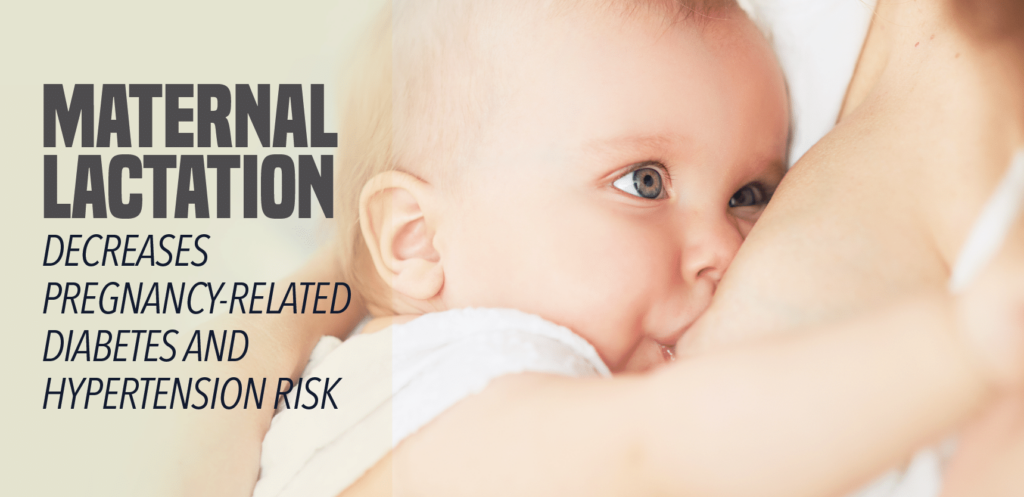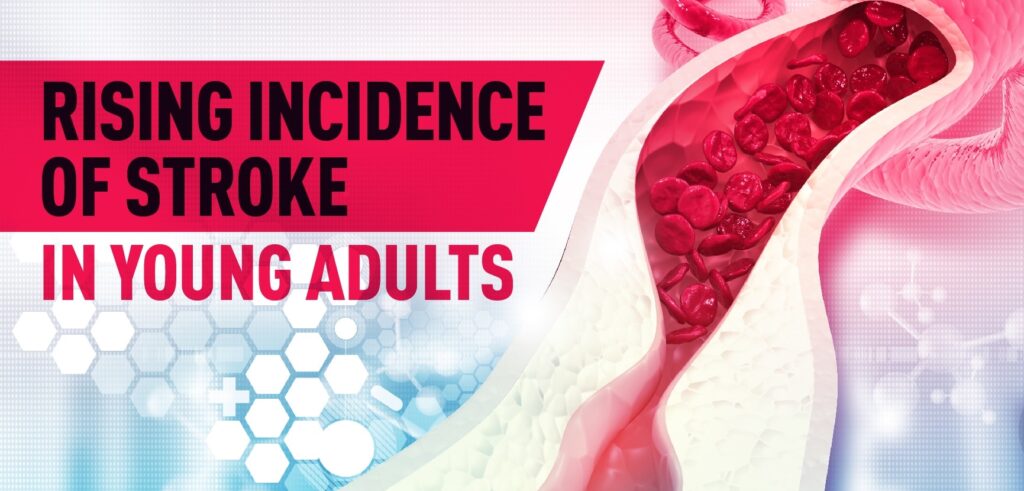Recent tragic events have underscored the importance of psychiatric wellness and sparked a national conversation surrounding the pressing need for improved mental health care. Despite increased attention, mental health is often overlooked as a vital component of overall pediatric health and wellbeing; in fact, many children who have psychological disorders remain undiagnosed due to a pervasive lack of awareness, education, and resources.
As mental, behavioral, and developmental disorders begin in early childhood and can severely progress if left untreated, it is paramount for clinicians, parents, and caregivers to remain aware of and attuned to children’s mental health, potential disorders, and their alarmingly high prevalence.
Pediatric Mental Health and Prevalence of Disorders
Pediatric mental health includes a child’s mental, emotional, and behavioral wellbeing, encompassing how they think, process emotion, behave, and respond to stress. Mental disorders among children frequently present as significant changes in the way they typically learn, behave, or handle their emotions throughout the day. Some of the most common mental disorders diagnosed in pediatric patients are attention-deficit/hyperactivity disorder (ADHD), anxiety, depression, and behavior disorders.
Based on data from 2016 to 2019, 9.8% of children aged between 3 and 17 years have received an ADHD diagnosis, equating to approximately 6 million kids. Anxiety diagnoses account for 9.4% of the pediatric population, while behavior problems are diagnosed in 8.9%, corresponding to 5.8 million and 5.5 million children. In addition, 4.4% of this demographic – or 2.7 million children – has received a depression diagnosis.
As emerging evidence reveals, these statistics have significantly worsened in the past three years alone, marking the beginning of a public health crisis.
Rapidly Deteriorating Mental Health in Pediatric Patients
Data from the Centers for Disease Control and Prevention (CDC) and the U.S. National Survey of Children’s Health prove that the wellbeing of up to 73 million American children has been deteriorating even before the pandemic began. In children under 17, anxiety and depression levels are skyrocketing while physical activity and preventive care sharply decline.
A recent study evaluated data from the U.S. National Survey of Children’s Health gathered from 2016 until January 2021 and found that between 2016 and 2019, pediatric diagnoses of anxiety rose by 27%, and the diagnoses of depression rose by 24%. The analysis also reported that 1 out of 5 children who require mental health services does not receive them due to inadequate provider access, low awareness among caregivers and kids, and shifting health care priorities.
Impact of COVID-19 on Children’s Mental Health
On average, children’s behavioral problems worsened after the COVID-19 pandemic struck, accompanied by even steeper declines in pediatric preventive care and an increase in unaddressed health care needs among children.
Social isolation, remote learning, and other drastic changes to every child’s daily routine contributed to heightened stress and fear levels, manifesting as COVID-related mental illness or exacerbated pre-existing conditions. The pandemic contributed to increased sadness, irritability, frustration, appetite changes, insomnia, withdrawal, and behavioral changes among the pediatric population.
Unfortunately, many of these symptoms will persist long after the pandemic comes to an end. According to experts, this downtrend in pediatric mental health and wellbeing is forecasted to worsen as resource availability and preventative care remain lacking.
Surging Youth Suicide Rates
Signaling yet another public health crisis, youth suicide rates have been steadily rising over the past few years, with a more prominent spike observed due to the COVID pandemic. Recently, the CDC reported an alarming statistic on suicide among teenagers: emergency room visits for attempted suicide among teen girls increased 51.6% in the early months of 2021, as compared to 2019
Since 2000, there has been a 4.5-fold increase in suicidal ingestion cases among children between 10 and 12 years of age.
According to data from a 2022 study published in JAMA Pediatrics, over 1.2 million cases of suicidal ingestion in patients aged 6 to 18 were reported between 2000 and 2020. Approximately two-thirds of these cases occurred in preadolescent girls, and nearly one-third resulted in serious outcomes.
Alarming rates of suicide in children and adolescents underscore the urgent need for widespread prevention efforts and the improvement of mental health support accessibility for this specific demographic.
Limited Access to Mental Health Care Resources
The health care system has been slow to react to the increasingly apparent mental health crisis facing our nation and its most vulnerable populations. As a result, children struggling with psychological disorders and their families often face limited support and resources.
Instead of receiving specialized psychiatric care, children in the U.S. are more likely to visit the emergency department due to acute symptom manifestation, self-harm, or suicide attempts. The current nationwide average wait time for a psychotherapist appointment is approximately 48 days – for pediatric patients, it is even longer, spanning months to even a year.
A New Chapter in Children’s Mental Health
As evidenced by the current state of pediatric mental health and wellbeing, this is a public health crisis threatening the lives of children nationwide. The widespread lack of available preventive and supportive resources combined with the sharp increase of mental illness risk factors have drastically heightened rates of depression, anxiety, and other disorders alongside youth suicide rates.
Prevention, early intervention, comprehensive treatment, and ongoing support for children are critical elements of pediatric mental health care. These are not possible in a system without expanded access to providers, referrals, and treatment, comprehensive mental health screenings, and popular awareness of this public health crisis.
With the coordination and collaboration of public and private initiatives, a more robust health care and mental support system can be established to ensure a future with fewer children who struggle with mental health issues.
For more information about specific resources, access the National Suicide Prevention Lifeline, and for immediate assistance, contact their hotline at 1-800-273-8255.


